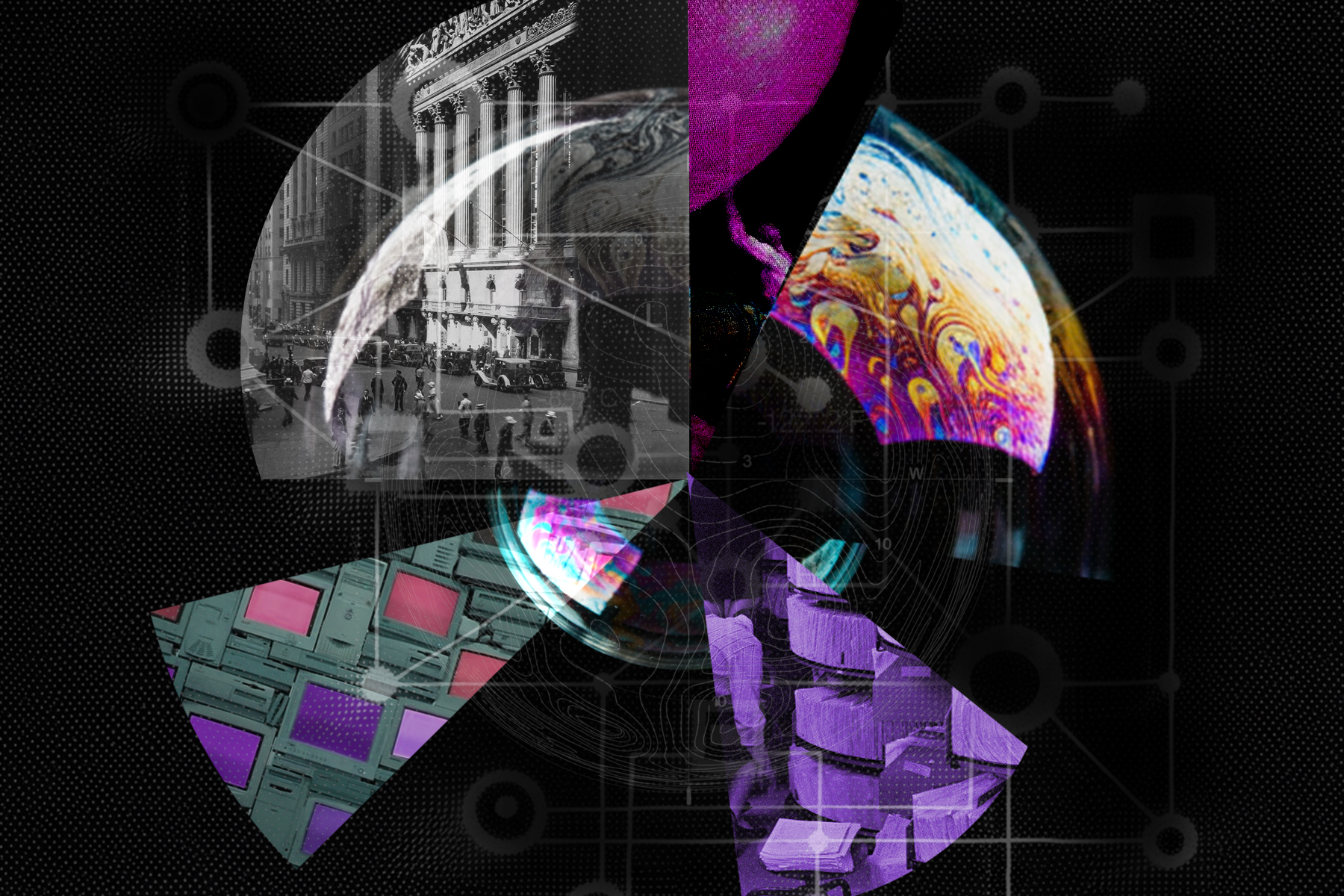Did you always know what you wanted to be when you grew up? There are dancers who started training at 3 years old; lawyers who dedicated hours to mock trial in high school. For many of us, though, our careers are not the product of a lifelong dream. That doesn’t mean they’re any less meaningful.
My path took me from studying Communications to customer service to a media services internship before getting my start in the IT industry. As unrelated as they might seem, each of these waypoints has shaped me into the IT professional I am today.
The Right Audience & the Right Message
After high school, I had no idea what I wanted to do with my life. I chose to major in Communications because I knew that skill set could be applied almost anywhere.
My studies explored reaching the right audience with the right message. This can seem divorced from daily life, but it’s something we do naturally. Think about how you would adjust your tone in these situations:
– Asking your partner to take out the trash
– Answering an interview question from a hiring manager
– Teaching someone how to use a tool
In each scenario, you need to take into account who you’re speaking to, what your message is, why they should care, and what you want them to do about it. It’s a two-way street: knowing how to craft messages teaches you how to deconstruct and interpret messages too.
My major offered a deep dive into this practice, demonstrating how it can be applied to fields like business, advertising, journalism, and government in nuanced ways. As an IT consultant, these skills help ensure my clients and I are on the same page, no matter the issue.
360-Degree Empathy
As I grew more confident in my communication skills, my part-time job in customer service gave me a place to put them into action. Working with customers helped me hone my soft skills, develop patience, and lead with empathy.
Understanding a customer or client is a great starting point. But what then?
Especially at Pliancy, being an IT consultant isn’t about just giving people whatever they want, no questions asked. It’s about understanding their needs to make sure they have the proper solution.
Imagine that someone asks for a flash drive. To recommend the right storage capacity, you’ll need to find out what they plan to use it for. They may reveal they’re backing up files, and you could recommend they use an external hard drive or a cloud-based solution instead.
This 360-degree mindset acknowledges that no request and no experience exists in a vacuum. People in customer-facing roles need to know the full story, and then use that information to act.
Breaking Stereotypes in the IT Field
I’ve always been interested in technology. I’m an avid gamer, I build PCs, and working with technology comes easily to me. But I never imagined those interests would turn into a full-time career in tech. It felt even less accessible because it was, and is, a male-dominated field. So when I started working at Harvard Law School, first as a part-time media services coordinator and then in an entry-level IT position, it was eye-opening to see so many women who were technicians. They showed me that an IT career wasn’t out of reach.
Encouraged by the community around me, I gained more work experience and moved up the ranks from tier 1 to tier 3 support, solving more advanced issues. What started as my next step turned into my next stage and set the tone for my career path.
My communication skills and ability to problem-solve with empathy proved a perfect match for my technical know-how.
I provide clients with a person-centric experience that focuses on trust and partnership.
I want to break the stereotype of IT professionals as socially awkward tinkerers with rigid ideas about technology—and I’d like to think I’m doing that, one personable conversation at a time.
Forging My Own Path to an IT Career
There are times when I’m self-conscious about not having the same background as many peers. I don’t have a bachelor’s degree in computer science, and I didn’t have any certifications or credentials before my first IT job.
However, no certification program could have shaped my approach to consulting as much or as well as my varied experience has.
The Ricki Laird in another universe who grew up dreaming about information technology, majored in computer science, and studied cybersecurity for fun would have her own distinct consulting philosophy. Her background would shape the way she solves problems and interacts with clients, just as mine does.
We are the sum of everything we’ve done and everything we’ve been through. With that mindset, a detour is never really a detour.






